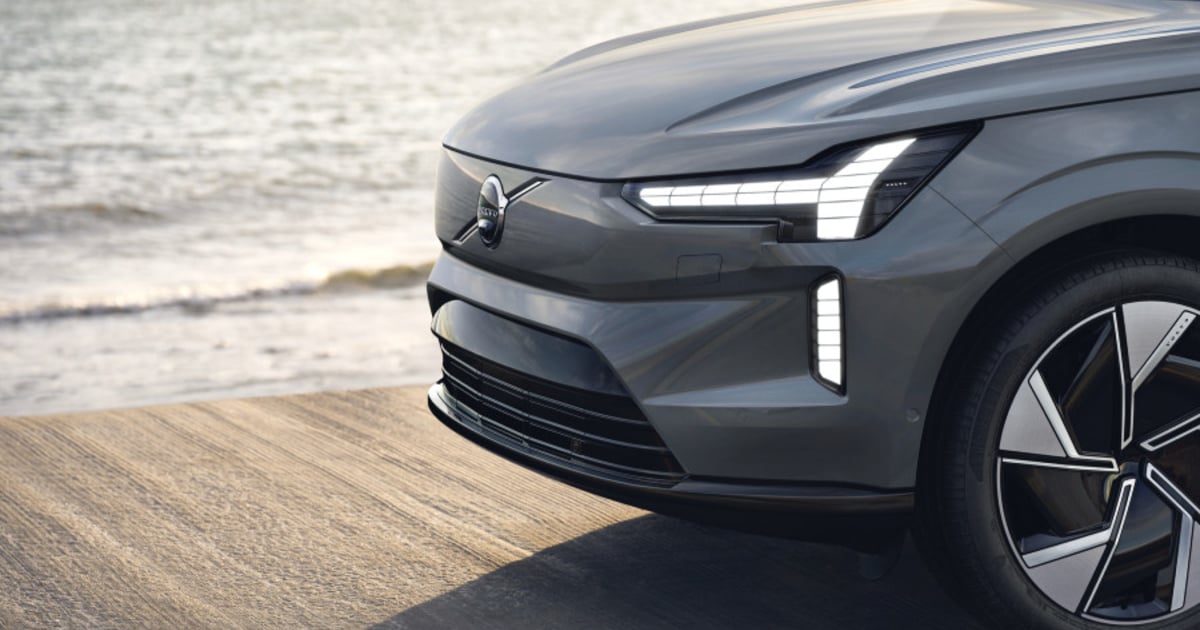
STOCKHOLM, Sweden — Volvo Cars said on Thursday that 2023 is likely to be another challenging year despite strong demand for its vehicles as the Swedish automaker reported a fall in quarterly profit.
Volvo, which is majority-owned by Chinese automotive company Geely Holding, said its fourth-quarter operating profit dropped to 3.4 billion crowns ($322.2 million) from 3.7 billion crowns a year ago.
Profits were hit by high lithium prices, high logistics costs and having to buy semiconductors in the spot market, which can be more expensive than under long term contracts.
Volvo and its rivals have faced lingering chip shortages over the past year that have periodically hit manufacturing, with the Sweden-based company forced at times to halt production at some factories temporarily.
Other supply chain issues, the energy crisis and red-hot inflation have also made life tougher for the company.
“While 2023 looks to be another challenging year, we are hopeful that the COVID-related supply shortages from China are behind us and that we continue to see steady improvement in the supply of semiconductors,” it said in a statement.
“Despite the global turbulence, uncertainty and our recent price increases, we continue to see healthy demand for our cars,” Volvo said, adding it expects a “solid” double-digit growth in retail sales during 2023.
Volvo’s full-year sales fell 12 percent to 615,121 last year.
Volvo Cars reaffirmed its mid-decade targets, which include selling cars at an annual run-rate of 1.2 million, with half of them electric.
Some analysts had said ahead of the report that target was too ambitious.
“We remain doubtful whether the company will be able to achieve these targets before 2027 and think the company will have to significantly stretch its definition of ‘mid-decade’,” Bernstein said.
CEO defends target
CEO Jim Rowan defended the targets in an interview with Automotive News Europe on Thursday.
“I’m confident that we can still get there,” he said. “By the time we get to mid-decade, we are going to have five or six EVs, all refreshed, all with the latest technology, all at a time when we expect to see a massive move to electrification.”
Rowan said a key to boosting Volvo’s volume will be a small SUV due to be unveiled in the middle of the year. He said the vehicle will reach a younger demographic without taking sales away from any of its other models.
No EV price cuts
He also said the Volvo did not plan to reduce the price of its vehicles, despite moves being made by Tesla and Ford.
“The demand is really high for our BEVs [battery-electric vehicles],” Rowan told ANE.
December was the strongest month ever in cars produced for Volvo, with a run rate of about 72,000, Rowan said.
When asked by ANE during a conference call with the media and analysts whether Volvo’s plans for cost optimization meant there would be job cuts, and if so, which markets would be affected, Rowan said no staff reductions were planned.
“If you look at our electrification journey and our growth ambitions and also this transition to new technologies, we’re pretty comfortable we will keep all of our people pretty busy for the next few years,” he said.
Volvo shares fell more than 3 percent at the market open, but were up nearly 2 percent at around 1 pm CET.
Douglas A. Bolduc and Reuters contributed to this report